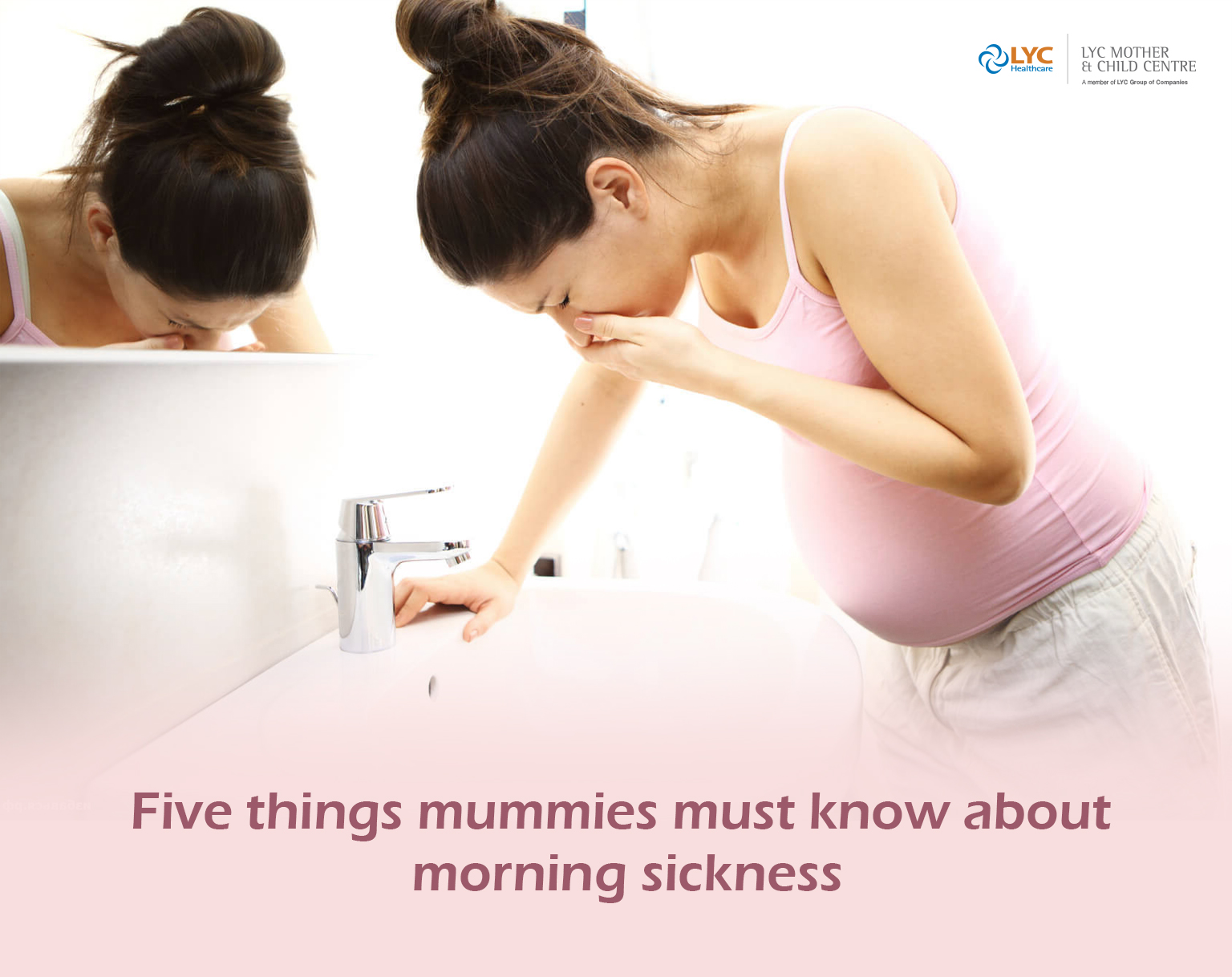
Morning sickness is a feeling of nausea or vomiting during pregnancy, most commonly in the first trimester. Although morning sickness is also known as "morning sickness," it can occur at any time of the day or night, and can even persist throughout the day or night.
Although most moms experience morning sickness in the first trimester, this condition will gradually improve in the second trimester.
While the exact cause of morning sickness is unknown, it is related to hormonal changes that occur during pregnancy.
Dietary imbalances of potassium and magnesium, along with low blood sugar and low levels of vitamin B6, are all known causes of nausea. Eating a diet rich in vitamins and minerals will help you stay healthy during your pregnancy.
Some mummies are more prone to nausea than other women during pregnancy, and mummies who experienced morning sickness during their previous pregnancy are more likely to experience morning sickness in their next pregnancy.
Mummies are most likely to experience morning sickness during the first trimester. It is unusual for morning sickness to occur for the first time after the 10th week of pregnancy, and once this happens, consult a doctor to rule out other medical conditions.
To relieve morning sickness, try eating small, frequent meals, drinking water before and after meals, avoiding spicy or high-fat foods, and eating foods rich in protein, soda water, ginger or peppermint tea to help relieve nausea and relieve stomach discomfort .
Some moms are more sensitive to strong food odours during pregnancy, and being in a comfortable, airy environment can help reduce discomfort in the first trimester.
Nausea may be worse when you are overtired, therefore getting more rest or naps in the first trimester can help.
Although morning sickness can be unpleasant and painful, there is no research showing it can harm your baby. However, nausea may affect your food choices. Both you and your baby need constant nutrition from everyday foods, so if you think morning sickness is preventing you from healthy eating, consult a doctor or healthcare professional.
Mummies whose nausea or vomiting causes severe discomfort may require hospital monitoring and treatment to supplement essential salts to prevent dehydration. If you vomit while eating or drinking, or if you notice that your urine is dark, or if there is blood in the vomit, experience extreme fatigue or dehydration, you must seek medical attention. The sooner a condition is detected and treated, the more protection you and your baby can have from complications.